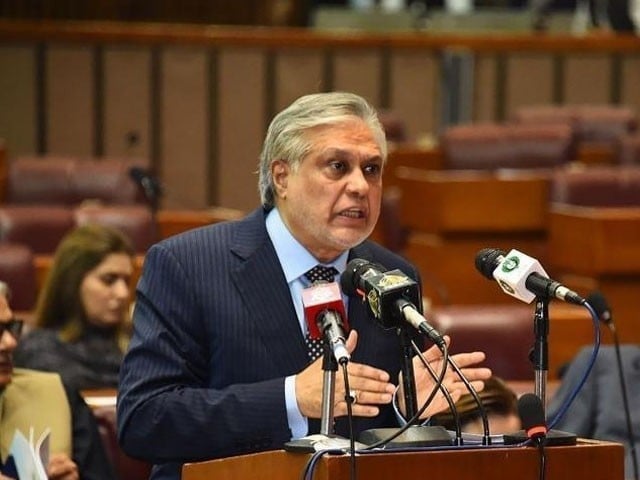
Deputy Prime Minister and Foreign Minister Ishaq Dar has said that a peaceful, stable Afghanistan would benefit both countries and promote prosperity in Central Asia and beyond.
Speaking at the Institute of Strategic Studies Islamabad on Tuesday, he highlighted the importance of dialogue, the avoidance of bloc politics, and adherence to the UN Charter.
He emphasised Pakistan’s commitment to maintaining peaceful, cooperative, and good neighborly relations with all countries, despite facing challenges and setbacks in certain instances. Dar stressed Pakistan’s focus on economic development and regional peace, particularly with Afghanistan and India, advocating for stability in South Asia.
He highlighted Pakistan’s cooperation with Afghanistan since the Taliban takeover in August 2021 to avert a humanitarian crisis and support the Afghan people. He further maintained that Afghan soil must not be used for terrorism against any state and urged Afghan authorities to address its concerns.
The foreign minister expressed Pakistan’s desire for good relations with India based on mutual respect, sovereign equality, and a peaceful resolution of the Jammu and Kashmir dispute, rejecting unilateral approaches or attempts at hegemony.
“We will maintain strategic stability in South Asia and respond decisively to any ill-considered military actions by the Hindutva-driven government in New Delhi,” he added.
Regarding the new term of the BJP-led NDA government in India, Dar called for reflection on India-Pakistan relations and regional issues. He criticised India’s unilateral actions on August 5, 2019, in Indian Illegally Occupied Jammu and Kashmir, stating they harmed bilateral relations.
Also read: UN report highlights surge in attacks against Taliban rule in Afghanistan
Deputy PM urged India to create an environment conducive to meaningful dialogue, end its smear campaign, cease state-sponsored terrorism in Pakistan, and take concrete steps for positive relations.
He noted that South Asian nations must address poverty and low human development rankings and lamented the stalled progress of the South Asian Association for Regional Cooperation due to one member state’s obstinacy.
Dar further stated Pakistan’s strategic partnership with China is pivotal to its foreign policy, highlighting the transformative impact of the China-Pakistan Economic Corridor (CPEC) on Pakistan’s economy and regional prosperity.
He mentioned Prime Minister Shehbaz Sharif’s recent visit to China, reaffirming the strategic importance both countries place on CPEC.
Upon completing ten years of CPEC, Pakistan plans to pursue an upgraded version focusing on industrialisation, digitalisation, green initiatives, agriculture, and people-to-people exchanges, ensuring the safety of Chinese personnel and projects, he added.
The foreign minister also underscored Pakistan’s strong strategic partnership with China, its desire for deeper ties with neighboring and major powers, and its commitment to multilateralism. The overarching goal was to enhance regional connectivity and economic security through a pivot to geo-economics, he added.
Despite challenges, Dar reiterated Pakistan’s steadfastness and stressed the importance of communication, dialogue, and negotiations to mitigate risks.
Read more: India's Modi to visit Russia in July
He advocated for a collaborative approach that respected all nations’ interests and aspirations, rejecting bloc politics and endorsing cooperation over confrontation. He noted global transformations led by leaders like Xi Jinping and Olaf Scholz, marking a shift towards a multipolar world order.
“We are living in an increasingly tumultuous and dangerous world, with traditional and new security threats,” he said, adding that Pakistan’s approach focused on a peaceful neighborhood policy and sustainable economic development, emphasising the link between peace and development.
Deputy PM stressed that a peaceful, stable, united, and prosperous Afghanistan was in Pakistan’s interest due to shared history, geography, culture, and music.
He mentioned that Pakistan aims for deeper partnerships with Iran, Gulf nations, Turkey, Central Asian states, and Azerbaijan, prioritizing trade, investment, and regional connectivity through the Special Investment Facilitation Council.
Maintaining stable relations with the United States and fostering ties with major powers like Russia, the European Union, Japan, and ASEAN are crucial for enhancing Pakistan’s economic security amid global geopolitics, he added.
The foreign minister stated that Pakistan’s upcoming UN Security Council membership for 2025-26 underscores its commitment to international peace and security.
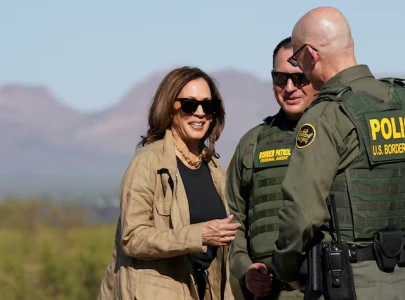




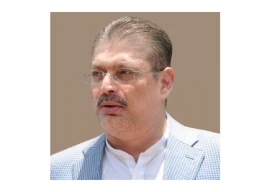


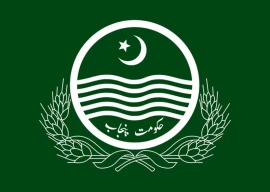
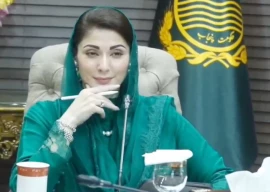


1727268465-0/Untitled-design-(42)1727268465-0-270x192.webp)




COMMENTS (1)
Comments are moderated and generally will be posted if they are on-topic and not abusive.
For more information, please see our Comments FAQ